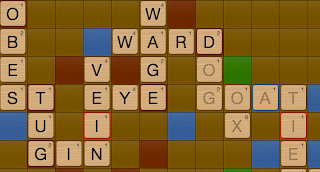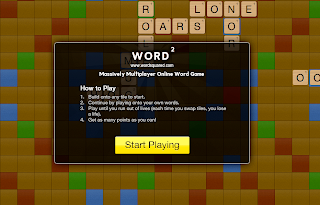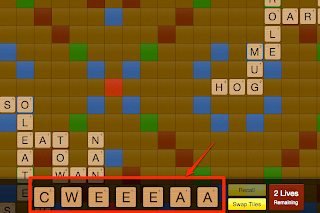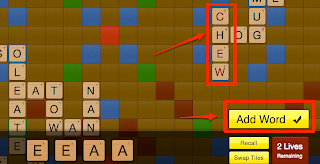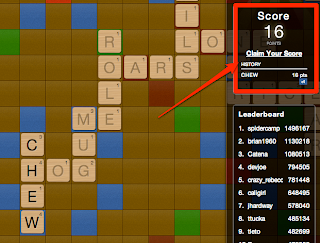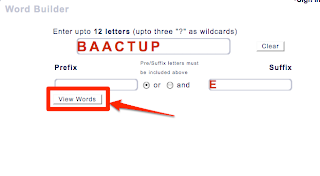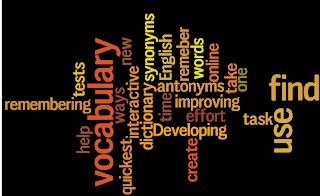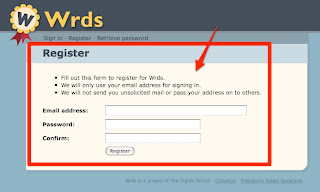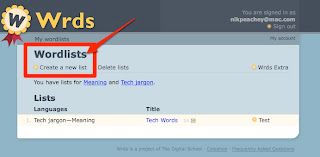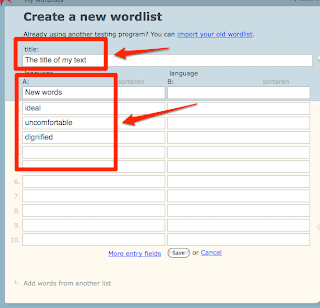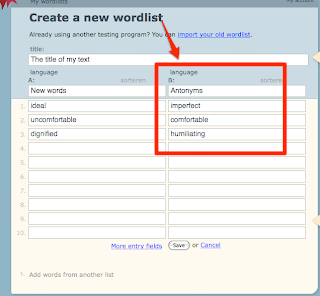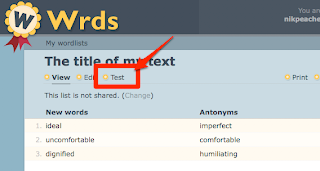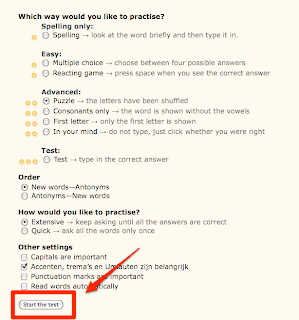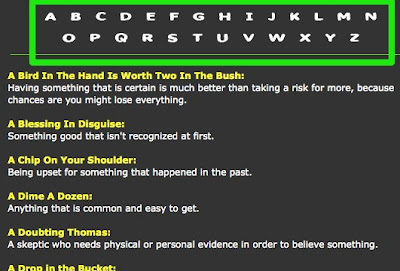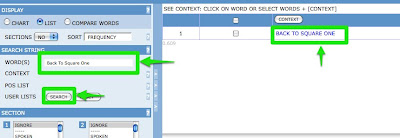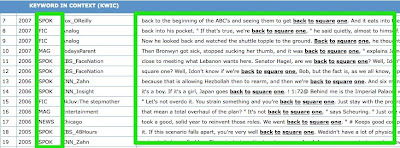Improving your writing in English can be challenging, especially if you don’t have a teacher to help you, but luckily there are some free web-based digital tool that can help you.
In this task we'll be looking at how you can use https://www.languagetool.org/ to help you.
Task
For this task you can use any existing text that you have written and see how you can improve it.
Improving your vocabulary
One tool that most good writers use is a thesaurus. This can help you to develop your vocabulary while you improve your writing. You can access the Macmillan Online Dictionary and Thesaurus for free at: http://www.macmillandictionary.com/
Just type in some of the words you are using in your text and you can check the to see what other words have a similar meaning. You can also check the pronunciation of the words. Just click on the speaker icon and you’ll be able to hear the word.
Finding and correcting errors
Of course it’s also important to get some feedback on your writing once you have finished it. LanguageTool https://www.languagetool.org/ is a free website you can use to check your spelling and grammar.
Just copy and paste your text into the field and then click on ‘Check Text’.
The site will highlight any spelling problems in pink and any possible grammar errors in yellow.
Click on the the highlighted word and you’ll see a suggestion for how to correct the error. You can then either use the correction, ignore it or find a link to check the grammar rule.
Once you’ve finished checking through your work you can simply copy and paste it back into your original document.
Using a tools like these regularly will help you to improve your English as well as developing your vocabulary and helping you to feel more confident about your written communication skills.












